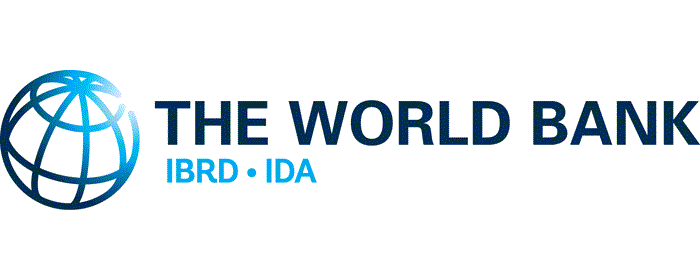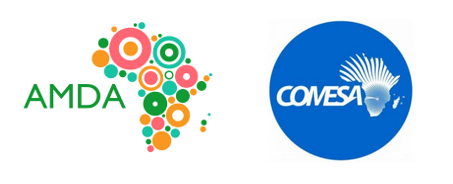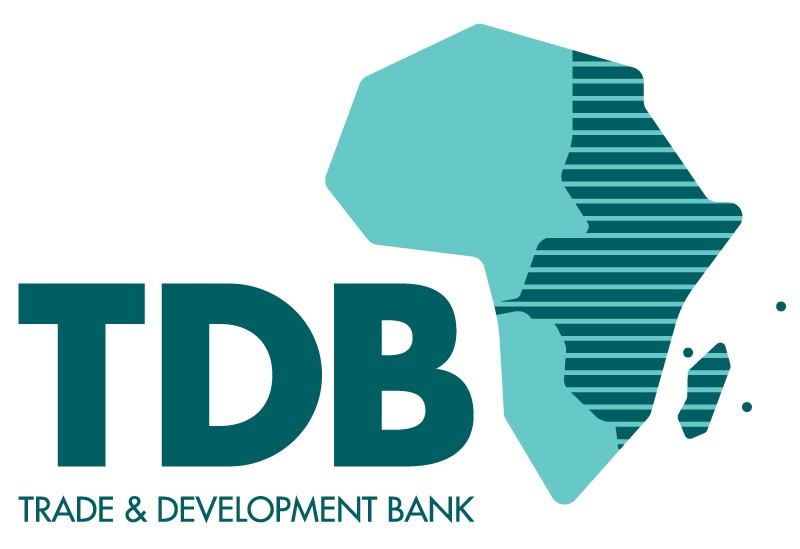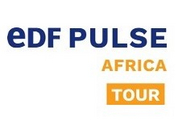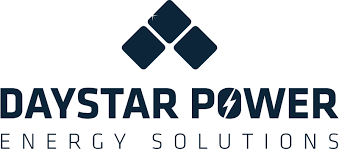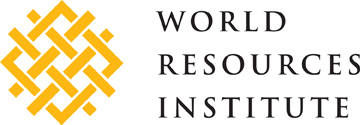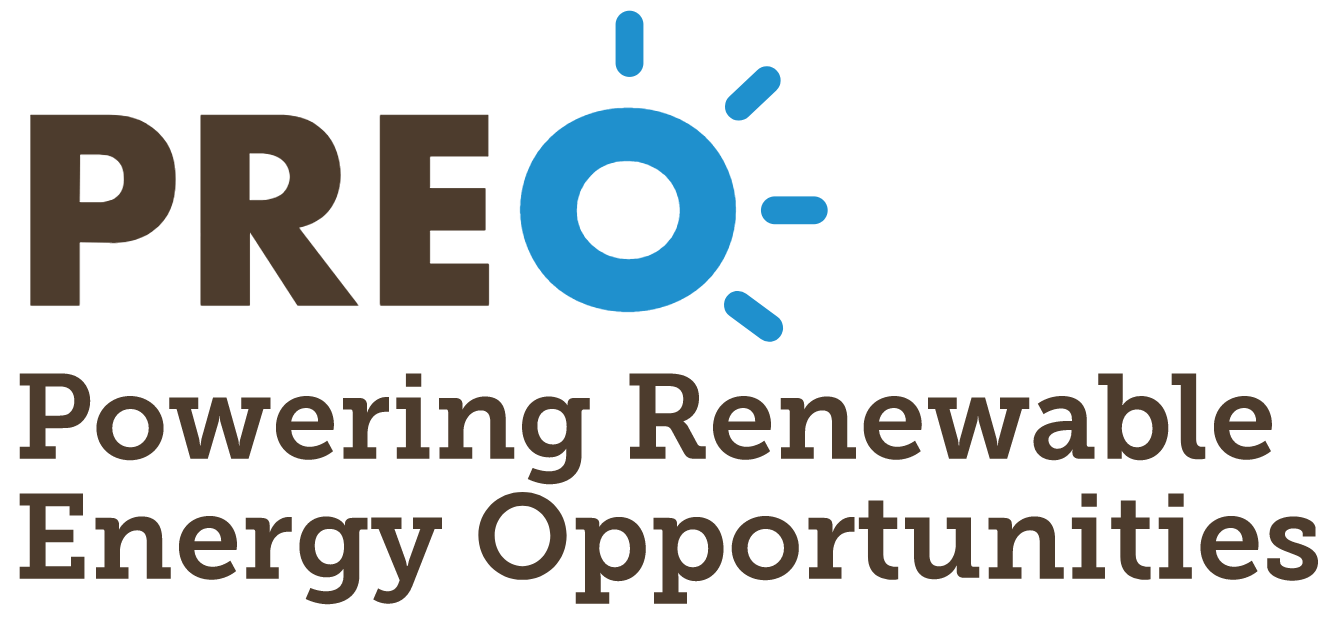9 November 2021: At COP26, World Resources Institute (WRI), in partnership with the International Solar Alliance (ISA) and Bloomberg Philanthropies, launched a Solar Investment Action Agenda, which identifies potential high-impact opportunities to rapidly accelerate solar investment and reach ISA’s goal of mobilizing US$1 trillion by 2030.
To meet both climate goals and growing energy needs over the coming decades, the world must rapidly scale investment in solar energy. Scaling solar deployment – by providing access to clean electricity, creating jobs, improving human health, and advancing gender equality – can help countries tackle growing demand for energy and achieve multiple Sustainable Development Goals.
The Action Agenda summarizes policy and risk management actions that can unlock investment by industry, governments and investors—and initiates an examination of the institutional arrangements needed to accelerate solar deployment. It will guide the development of a Solar Investment Roadmap to be released in 2022.
“The time for solar energy is now. Solar makes economic sense for energy access, energy security and climate mitigation,” said Ani Dasgupta, President & CEO, World Resources Institute. “We must ensure that the commitments made by financial institutions, governments and foundations are used to scale up solar and get energy to the people who need it most. The Action Agenda and Roadmap can help us get there. WRI is pleased to work alongside the International Solar Alliance and Bloomberg Philanthropies to accelerate this movement.”
Enormous growth and investment in solar generation capacity will be required to meet global climate and development goals. Solar investment today lags far behind global needs: To get the world where it needs to be, average annual solar investment needs to double through 2050. And today, developing and emerging economies — home to two-thirds of the world’s population — receive only 20% of global renewable energy investment.
“Solar can be capitalized to help lift people out of energy poverty, and drive the transition to a low-carbon economy. Trillions of dollars in investment need to be mobilized and the right policy frameworks need to be put in place,” said Dr. Ajay Mathur, Global Director, International Solar Alliance (ISA.) “The ISA is working towards mobilizing USD 1 trillion of investment for a massive deployment of solar energy technologies and for expanding solar markets. Public and private finance must be equal contributors in mitigating the climate change challenge. ISA’s partnership with Bloomberg Philanthropies and World Resources Institute to develop the Solar Investment Action Agenda and Solar Investment Roadmap will drive the infrastructure and ecosystem requirements for a zero carbon emission future.”
Scaling solar investment is essential to build just, resilient and climate-safe economies. In addition to helping achieve global climate goals, clean electricity from solar can meet growing demand across a range of end uses, including buildings, transport and agriculture, and next generation solar technologies are critical for enabling the industrial sector to decarbonize. Solar power also diversifies countries’ energy supply, thereby increasing energy security and improving system resilience in the face of challenges like extreme weather. And, critically, it makes economic sense.
"Speeding up investment in solar power is critical to winning the battle against climate change,” said Michael R. Bloomberg, the UN Secretary General's Special Envoy for Climate Ambition and Solutions and Founder of Bloomberg Philanthropies. “It will also help us deliver energy to the hundreds of millions of people who still lack it without increasing carbon emissions and deadly air pollution. We're glad to be working with the International Solar Alliance and WRI on this roadmap to ramp up solar investment and unlock its benefits. The more we work together, the faster we can turn plans into action."
“The scale of investment needed to fulfill solar’s potential to achieve these benefits is possible to achieve through increased collaboration among public and private sector actors. “A better climate future is within reach provided countries have access to the scale and type of finance needed,” said Mafalda Duarte, CEO of the Climate Investment Funds, among the world's largest multilateral climate funds. “Concessional climate funding is key to overcoming investment barriers and to crowd in other sources of finance. We at the Climate Investment Funds have demonstrated it across sectors and geographies and are launching new initiatives at COP26 to raise the level of ambition.”
Just as critically, there is an urgent need to ensure that committed investments and financing are programmed in time to meet climate goals and in a way that results in an equitable distribution of solar energy to support energy access and security.
“At COP26, it is clearer than ever the world needs to change energy for good to expand access to renewable electricity for those without, create good jobs for people and avert greenhouse gas emissions,” said Dr. Rajiv J. Shah, President of The Rockefeller Foundation. “The Global Energy Alliance for People and Planet, which we launched last week with $10 billion in committed capital and nearly two dozen public and private sector partners from around the world aims to do just that; and we applaud the International Solar Alliance and WRI‘s new Solar Investment Action Agenda and Roadmap.”
The Action Agenda—and the more detailed Solar Investment Roadmap that will follow in 2022—will help governments and investors expand solar energy for households, electrical utilities and industry. The Roadmap will analyze high-impact opportunities to equitably scale solar investment and deployment; define strategic interventions by policymakers and investors to increase the level and pace of investment; strengthen coalitions of governments, private sector leaders and international financial institutions to optimize opportunities for scaling solar; and help mobilize $1 trillion of solar investment by 2030.
###
About World Resources Institute: World Resources Institute (WRI) is a global research organization that spans more than 60 countries, with international offices in Brazil, China, India, Indonesia, Mexico and the United States, regional offices in Ethiopia (for Africa) and the Netherlands (for Europe), and program offices in the Democratic Republic of Congo, Turkey and the United Kingdom. Our more than 1,400 experts and staff turn big ideas into action at the nexus of environment, economic opportunity and human well-being. For more information, visit: https://www.wri.org/.
About Bloomberg Philanthropies: Bloomberg Philanthropies invests in 810 cities and 170 countries around the world to ensure better, longer lives for the greatest number of people. The organization focuses on five key areas for creating lasting change: the Arts, Education, Environment, Government Innovation, and Public Health. Bloomberg Philanthropies encompasses all of Michael R. Bloomberg’s giving, including his foundation, corporate, and personal philanthropy as well as Bloomberg Associates, a pro bono consultancy that works in cities around the world. In 2020, Bloomberg Philanthropies distributed $1.6 billion. For more information, visit: bloomberg.org.
About International Solar Alliance (ISA): The ISA is a growing international organisation of 80 member countries. ISA supports governments around the world to improve energy access and security by promoting solar energy as a sustainable, affordable and resilient way to transition to a carbon-neutral future. ISA’s vision is to facilitate energy access in every corner of the world by delivering cleaner electricity to all by 2030. ISA’s mission is to unlock USD 1 trillion of investment by 2030 by reducing the cost of the technology and its financing, and increasing the skills of people working in the industry. The ISA will help deliver global relevance, local benefit to all countries through collaborations, with its key interventions focusing on readiness & enabling activities, risk mitigation & innovative financing instruments, which will then facilitate the promotion and deployment of technologies in respective target markets.
About the Climate Investment Funds: The Climate Investment Funds (CIF) was established in 2008 to mobilize resources and trigger investments for low-carbon, climate-resilient development in select low and middle-income countries. 14 contributor countries have pledged up to $10.5 billion to the Funds. To date, committed CIF capital has generated an additional $61 billion in co-financing for mitigation and adaptation interventions at scale in 72 recipient countries. CIF is one of the largest active climate finance mechanisms in the world. For more information, visit: www.climateinvestmentfunds.org.
About Global Energy Alliance for People and Planet: The Global Energy Alliance for People and Planet (GEAPP) launched on November 2, 2021 at COP26 with USD10 billion of committed capital to accelerate investment in green energy transitions and renewable energy solutions in developing and emerging economies. This historic partnership leverages catalytic grant funding to unlock investment capital with the aim of mobilizing USD100 billion in public and private capital in order to reach one billion people with reliable, renewable power, avoid and avert four billion tons of carbon emissions, and create, enable, or support more than 150 million jobs and drive economic growth over the next decade. The Alliance serves as a platform for collaborative action and provides grant funding, technical assistance, and a range of financing options. For more information, visit: www.globalenergyalliance.org.






